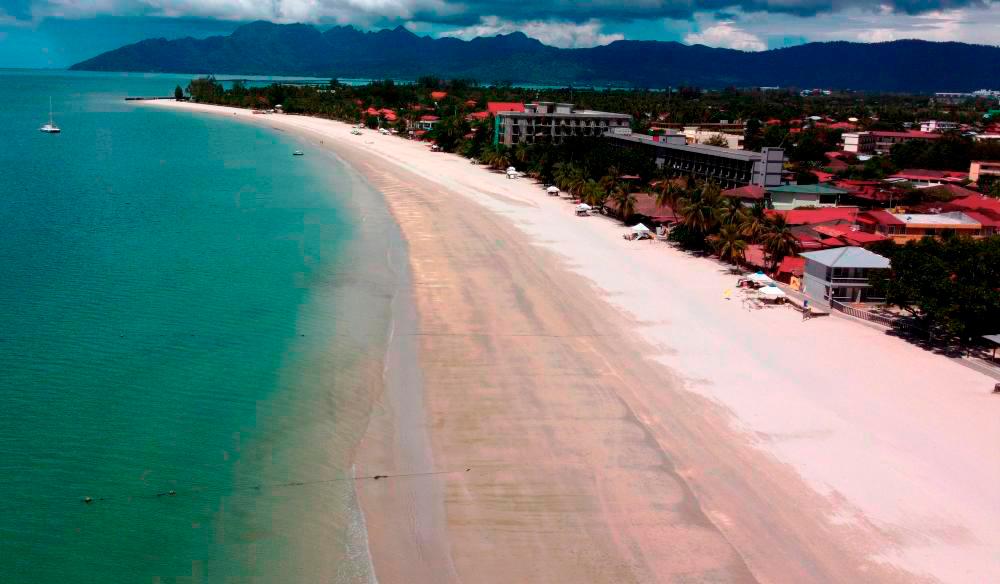MOST Malaysians take our natural environment for granted. We should treasure earth’s most precious resource and visit these natural sites, which can be life transforming.
Malaysia has many natural sites that are accessible and open to the public. They include sandy beaches, mangroves, secondary jungles, waterfalls, hot springs and wetlands, such as Tasik Bera, and hundreds of islands.
Most visitors make day trips to these natural sites. Unfortunately, many intentionally or inadvertently cause harm to the enviroment by taking living or non-living objects from these sites. Hence, to protect these areas, such as national or state parks as well as marine parks, it is imperative that licensed guides escort visitors.
Malaysia boasts of 50 marine parks, which attract divers from around the world. The incredible diversity of these parks has a calming effect on the soul.
Malaysia also prides itself with two natural heritage sites recognised by Unesco (United Nations Educational, Scientific and Cultural Organisation) – Gunung Mulu National Park in Sarawak and Kinabalu Park in Sabah.
Travel packages to these two world-renowned sites cost more than tours centred around the cities that provide comfortable accommodation, gourmet dining or street food, malls, museums, entertainment spots and theme parks. But for those who can afford, it is worth every penny. Being close to nature can be a transformative and remarkable experience.
Malaysia has been targeting both low-end and high-end visitors. There is a comprehensive range of services and facilities to cater to budget-conscious travellers, right up to those who choose luxury accommodation as well as professionals travelling on business or to attend conventions and exhibitions.
Nevertheless, the target group has been those attending business events, formerly known as meetings, incentives, conventions and exhibitions (MICE). Since 1990, the Malaysian Association of Convention and Exhibition Organisers and Suppliers, together with other tourism and travel associations, have been organising business events to attract high-yielding tourists.
Despite the Malaysian Nature Society commencing its activities in 1940 and the subsequent founding of the Ecotourism and Conservation Society in 2015, there is still considerable scope for tourism trade associations to promote and unlock the full potential of ecotourism.
Hosting ecotourism fairs on the same scale as Matta fairs can prove highly effective in reaching out to more visitors. This will lead to more tour operators marketing ecotourism for visitors to enjoy and appreciate nature.
Ecotourists will not only ensure they do not harm the environment but will contribute to the livelihood and well-being of the people in the vicinity through sustainable engagements by utilising their services or paying for local produce.
Eco-excursionists can also participate in giving back to the local communities by organising activities, such as rubbish removal and environmental rehabilitation efforts. By doing so, not only can they enjoy nature at its best but also assist in the conservation efforts and be recognised as Eco-heroes.
Our natural sites are deteriorating with each passing year due to the effects of global warming, climate change, pollution and human greed. If not conserved, these areas may become too scarce, leading to restricted access for visitors to these pristine areas.
Ecotourism is sustainable if all stakeholders, including the authorities, tour operators and guides and visitors, play their part in conserving these areas.
YS Chan is a master trainer for Mesra Malaysia and Travel and Tours Enhancement Course as well as an Asean Tourism Master Trainer. He is also a transport and training consultant and writer. Comments: letters@thesundaily.com










